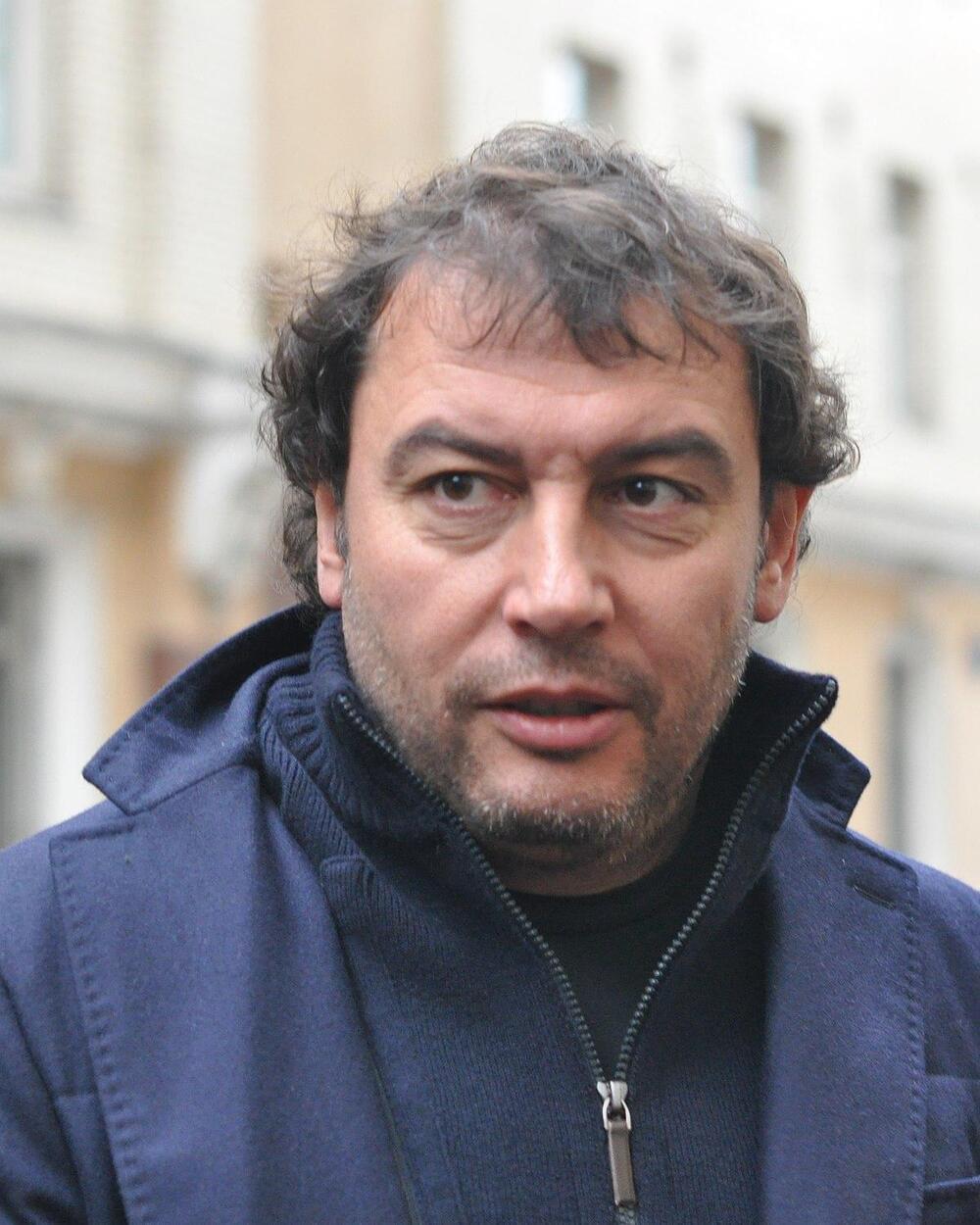I had quite a thought-provoking discussion on modern education with Boris Zimin, the head of the Zimin Foundation, which funds education and research.
The Zimin Foundation is a non-profit organization established by the Zimin family to aid education and science. The Foundation partners with distinguished universities and funds research and educational projects that combine academic excellence with high potential for positive, real-world impact. Since the start of the Russian invasion of Ukraine, the Zimin Foundation has been supporting researchers and students affected by the war. I spoke with philanthropist Boris Zimin, the head of the Zimin Foundation, about his perspective on modern education.
Julia Brodsky: From your experience working with various educational funds and organizations, what do you think should be the emphasis of modern education?
Boris Zimin: While most of the world is prioritizing STEM these days, I have been contemplating the necessity of a comprehensive humanitarian and ethical emphasis in education. Consider the example of education in Soviet Russia, which was well-known around the world for providing a solid STEM background. The goal of Soviet education was to raise workers and soldiers ready for building the “communist future,” and the questions of good and evil never arose — the pre-made answers to those questions were the prerogative of the ruling communist party. Such education produces savvy technical specialists and “effective managers” who are not used to questioning the social and humanitarian consequences of their actions. And that hasn’t changed in the modern, post-Soviet period, as demonstrated by the brutality of Russian forces in Ukraine. In my opinion, education should first and foremost focus on ethics.






